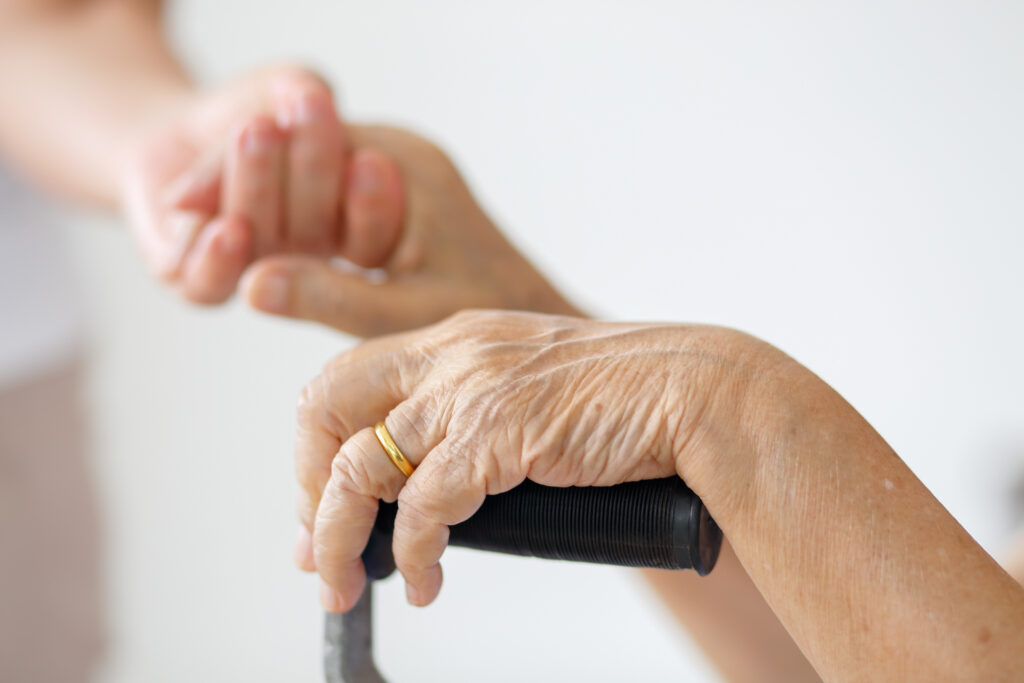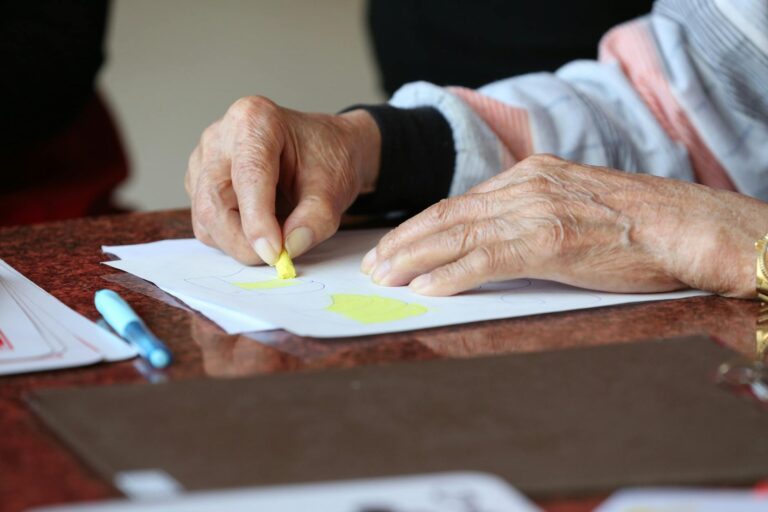
Caring for a loved one with dementia can be an incredibly challenging and rewarding experience. The responsibility of providing care can take an emotional, physical, and financial toll on caregivers, making it essential for them to take care of themselves. It is not uncommon for caregivers to neglect their own needs as they focus on the needs of their loved one, but this can have serious consequences on their health and well-being.
According to the Alzheimer’s Association, an estimated 16 million Americans provide unpaid care for people with Alzheimer’s or other forms of dementia. Many of these caregivers report feeling overwhelmed, exhausted, and stressed, and they often put their own needs on the backburner. However, it is crucial for caregivers to prioritize their own self-care, and there are several ways they can do this.
One of the most important things caregivers can do is to recognize and acknowledge the emotional toll of providing care for someone with dementia. Watching a loved one lose their memory, ability to communicate, and independence can be incredibly difficult and heartbreaking. It is essential for caregivers to take the time to process their emotions and find healthy ways to cope.
Taking breaks, seeking support from family and friends, and joining support groups are all effective ways for caregivers to reduce their stress and find emotional support. In addition, many caregivers find that talking with a therapist can be helpful in managing the complex emotions associated with dementia caregiving.
For example, Susan, a retired schoolteacher, became a full-time caregiver for her husband, Tom, after he was diagnosed with Alzheimer’s disease. Susan quickly found that the demands of caregiving were overwhelming, and she struggled to find time for her own interests and hobbies. After a few months, she decided to join a local Alzheimer’s support group. There, she found a community of people who understood what she was going through and could offer her guidance and emotional support. She also began attending weekly therapy sessions, which helped her to process her emotions and find healthy ways to cope with the challenges of caregiving.
Another essential aspect of dementia caregiving is maintaining physical health. The demands of caregiving can be physically exhausting, making it easy for caregivers to neglect their own health. However, taking care of their physical health can provide caregivers with the energy and stamina they need to provide the best possible care for their loved one.
Taking regular breaks, going for walks, practicing yoga, and eating healthy meals are all ways caregivers can maintain their physical health. Caregivers should also make sure to attend regular check-ups and screenings to monitor their own health.
For example, John, a retired accountant, became a full-time caregiver for his wife, Mary, after she was diagnosed with dementia. At first, John neglected his own health, skipping meals and not getting enough sleep. As a result, he quickly became exhausted and overwhelmed. Eventually, he realized that he needed to take better care of himself, and he began going for regular walks and practicing yoga. He also started scheduling regular check-ups with his doctor, which helped him to monitor his own health and catch any health issues early.

Financial Hardships for Dementia & Alzheimer’s Caregivers
Caregivers must also take care of their financial health. Caring for someone with dementia can be expensive, and caregivers may find themselves in a situation where they need to cut back on work or even quit their job altogether. It is essential for caregivers to plan ahead and explore their options for financial support.
One way caregivers can reliably protect their financial health is by working with a financial planner to create a long-term care plan. This can include exploring options for insurance, government benefits, and other financial resources that can help support caregiving. It is also important for caregivers to have a plan in place for the future, including end-of-life care, estate planning, and other legal matters.
For example, Jane, a retired nurse, became a full-time caregiver for her mother after she was diagnosed with dementia. As the sole caregiver, Jane found it difficult to keep up with her own expenses and found herself dipping into her retirement savings to cover the cost of her mother’s care. After seeking advice from a financial planner, Jane was able to explore her options for government benefits and other financial resources. With this help, she was able to create a long-term care plan that helped her to manage the costs of caregiving without depleting her savings.
Facebook, Twitter, Social Media Support Groups for Caregivers

Social media platforms such as Facebook can be a good place for caregivers of dementia to find support and connect with others who are going through similar experiences. Facebook groups and pages can offer a sense of community and provide a space for caregivers to share their stories, ask for advice, and find emotional support.
There are several Facebook groups and pages specifically for dementia caregivers, such as the Alzheimer’s and Dementia Caregiver Support Group and the Dementia Caregivers Support Group. These groups can offer valuable resources and information, as well as a safe and supportive environment for caregivers to share their experiences and connect with others.
However, it is important to note that social media should not be the sole source of support for caregivers. Online groups and forums can be helpful, but they should not replace in-person support and professional healthcare services. It is still crucial for caregivers to seek support from healthcare professionals, support groups, and family and friends.
Other social media platforms such as Twitter and Instagram can also offer support and community for caregivers. Hashtags such as #dementiacare, #caregiving, and #endALZ can help caregivers connect with others and find resources and information.

Of course, caregivers should exercise caution and judgement by remaining mindful of the information and advice they receive on social media, or the internet in general (even we make mistakes at helpdementia.com and have to fix them!) and to remember to consult with veteran, experienced healthcare professionals before making any decisions about their loved one’s care. Social media can be a valuable tool for finding support and information, but it should not replace professional medical advice and care.





